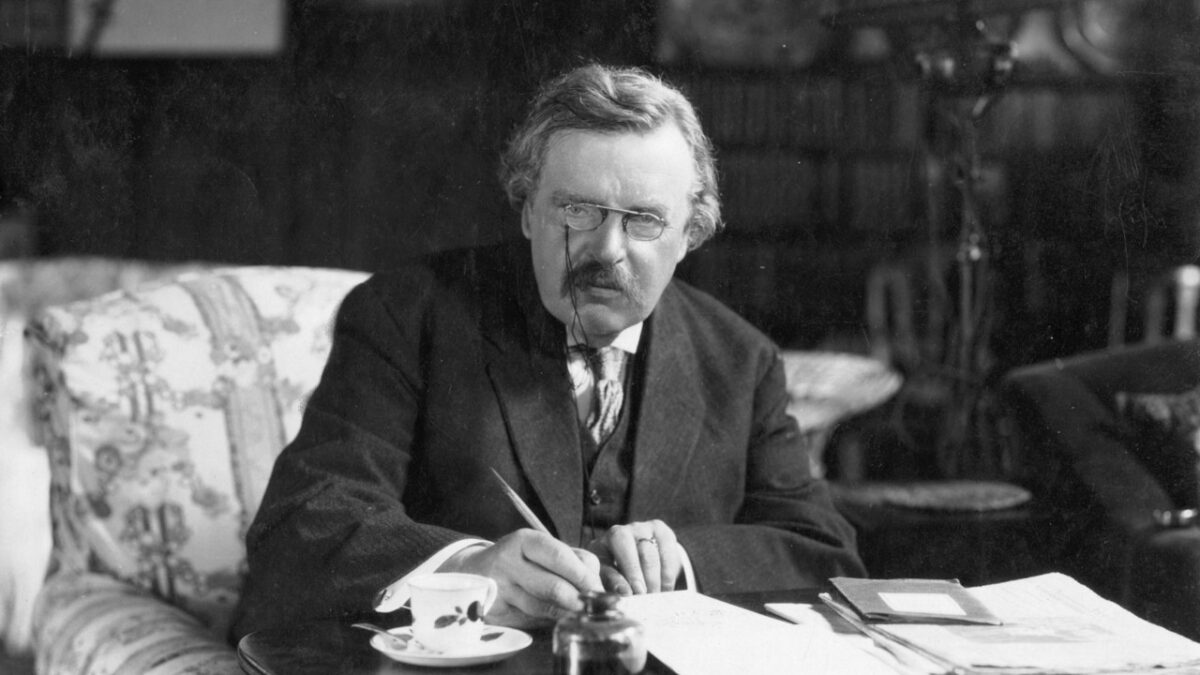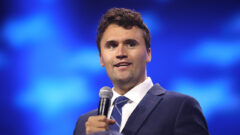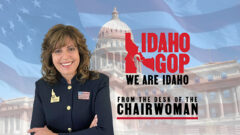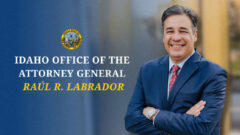G. K. Chesterton was a world-renowned writer, journalist, and Catholic apologist. His outspoken, sometimes curmudgeonly style offended many critics in government and the church, but throughout his life until his passing four years before WWII in 1936, he remained a devoted evangelist for Jesus. Chesterton befriended and debated prominent contemporaries such as C. S. Lewis, Rudyard Kipling, and even Winston Churchill, though his friendships were as often defined by those with whom he forcefully disagreed—H. G. Wells and Bernard Shaw among the closest. Chesterton, Wells, and Shaw (both socialists and atheists) toured college campuses and debate societies, often debating from opposite viewpoints in print and public forums, always from Chesterton’s Christian conservative perspective.
A similarity can be drawn today with figures like Charlie Kirk, who holds steadfast to Christian beliefs and has debated a wide range of opponents. Unlike the robust debates of Chesterton’s era, today’s public discourse often sees those with atheistic and socialistic views preferring emotional or rhetorical platforms, often enabled by media less focused on facts. When the other side disregards Western history and biblical truths—the foundation on which the Republic precariously balances—the debate sometimes devolves into a contest for political power rather than logic or reason.
To my knowledge, neither Wells nor Bernard Shaw ever resorted to labels such as “fascist,” “racist,” “bigot,” or “Nazi” for their opponents. This was partly a consequence of their shared habit of post-debate camaraderie—supping and brandy at the bar. Skilled debaters respect fellow practitioners of language and argument, much like a sidelined opponent respecting a quarterback leading a last-minute comeback. While one may dislike the outcome, there is respect for the talent displayed.
This tradition stands in contrast to the rancor and vitriol increasingly seen on congressional floors and political debates today. Many Americans are growing weary of the shouting and coarse language—whether in Congress, state legislatures, city halls, or HOA meetings. The lack of civility in such settings often reflects a deeper lack of self-respect. When elected officials engage in this behavior, it demonstrates disrespect for the political process and, if constituents feel the same, undermines the legitimacy of the process itself.
The rhetoric from the political left, particularly following events such as the assassination of Charlie Kirk, has often been disappointing though predictable. How could 58 people vote against a resolution whose language was so uncontroversial? (see House Resolution 719). Their words, for me, are troubling but reflect the limited tools remaining in their rhetorical toolbox.
When 55% of Democrats in Congress declined to support the resolution above, and when their statements are widely accessible online, it reveals the depth of America’s political divide. The true separation is not just in the arguments but in the moral foundations that inform the two major factions. The tools in our rhetorical toolbox differ from theirs.
When John Dickinson and John Adams debated in the Continental Congress, both understood their different views were shaped by rules of life grounded in Western political philosophy and biblical principles. They prayed together before every session. When independence was achieved, Dickinson retired from Congress to form a militia, ready to fight for his country against the British.
Rather than animosity, historical accounts describe Lincoln and Douglas as rivals who respected each other’s talents. Douglas was regarded as an “able, audacious, almost unconquerable opponent in public discussion,” while Lincoln leveraged their debates to further his moral arguments against slavery and reinforce the principles of the Declaration of Independence. Both men were skilled, ambitious, and tenacious, yet their interactions were professional and respectful rather than rooted in personal enmity.
G. K. Chesterton and Bernard Shaw, or H. G. Wells, debated respectfully. John Adams and John Dickinson debated with respect, though they may not have liked each other personally. Lincoln and Douglas debated respectfully. Charlie Kirk debated anyone, anywhere, and always treated his opponents respectfully.
America has a rich tradition of political debate rooted in civility. Calling opponents “racist,” “bigot,” or “Nazi” is not only disrespectful to those directly participating but is an affront to all citizens who share similar viewpoints.






One reply on “The Great Debate Continues”
When one has no other resort than ad hominem, the debate has already been lost.